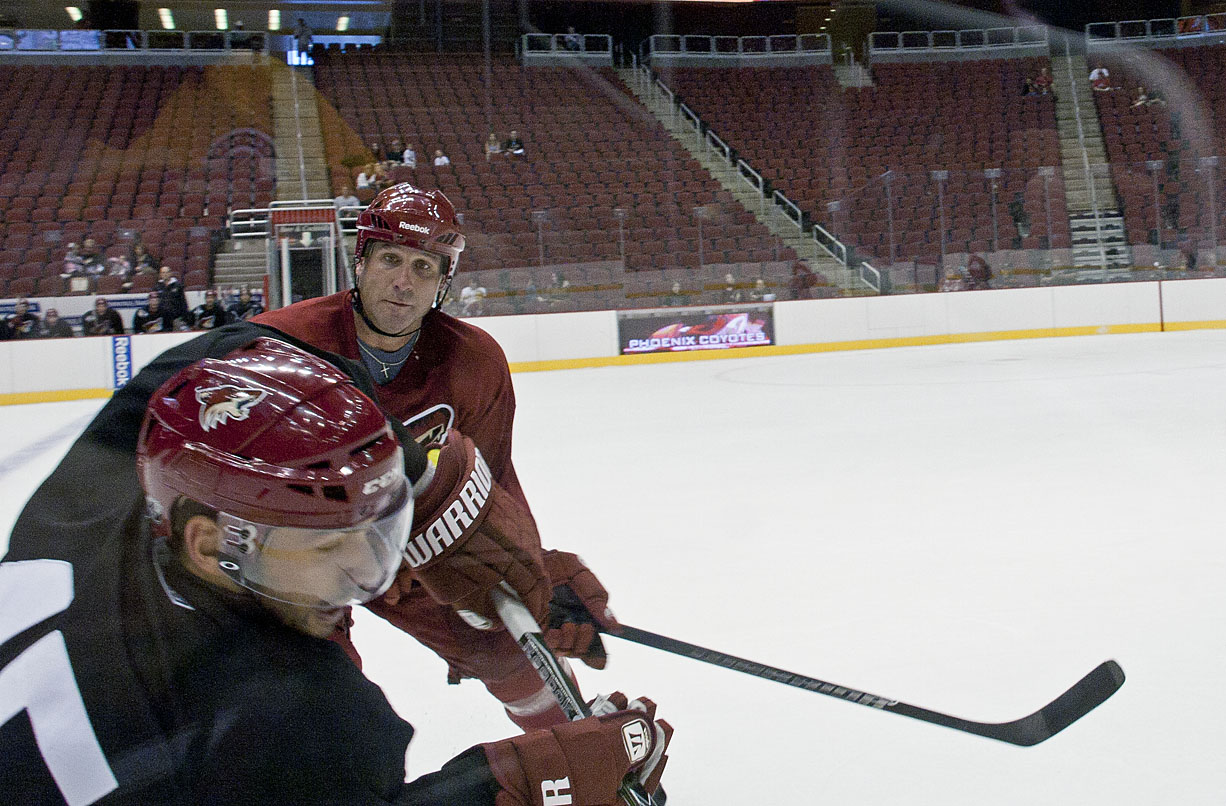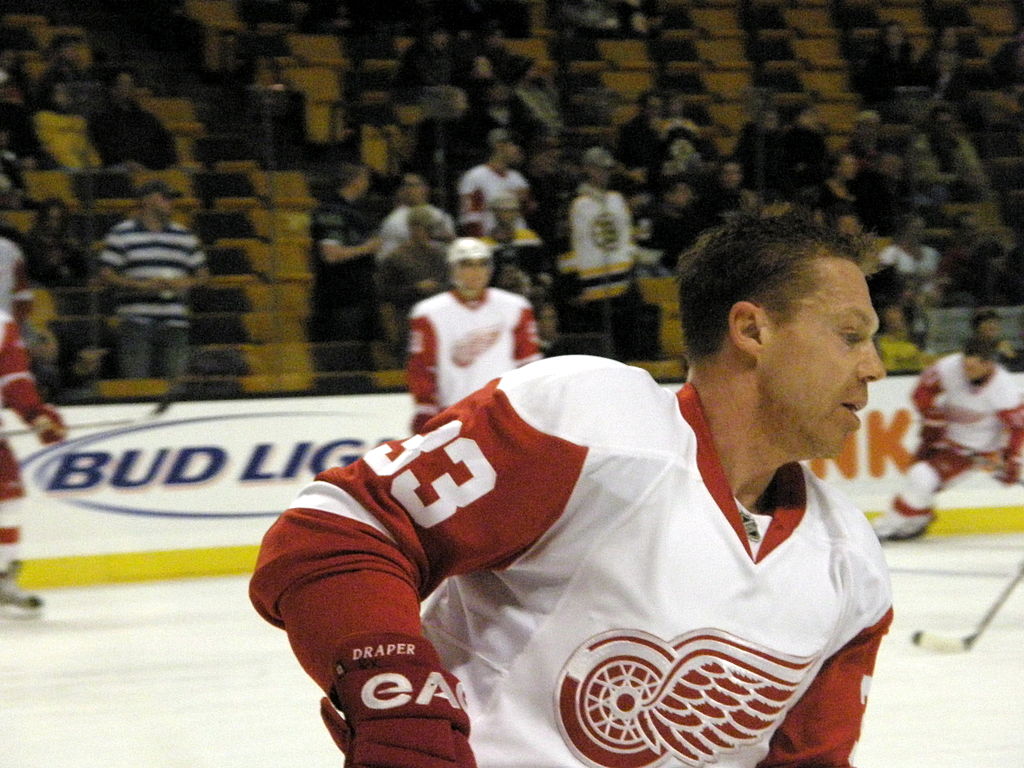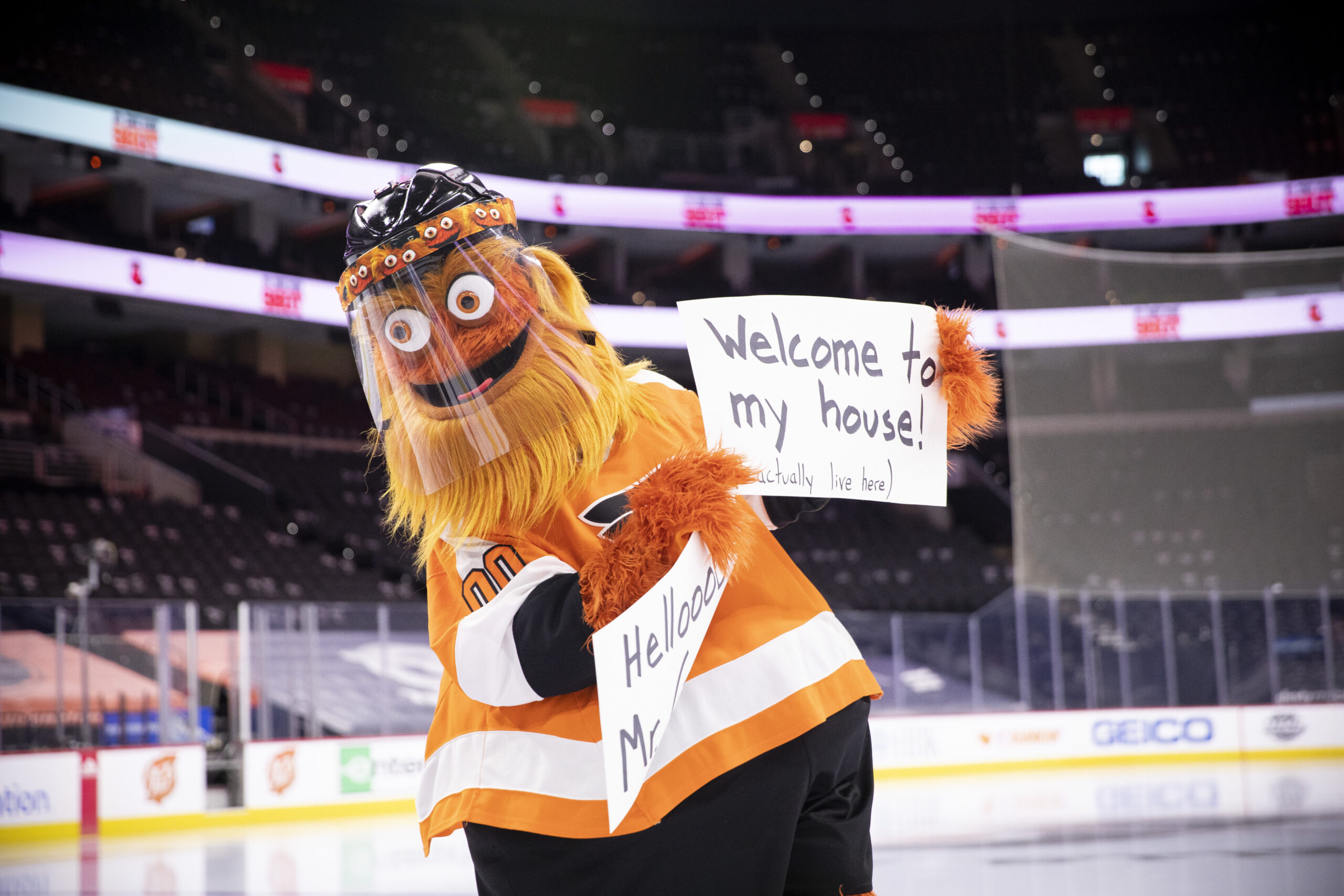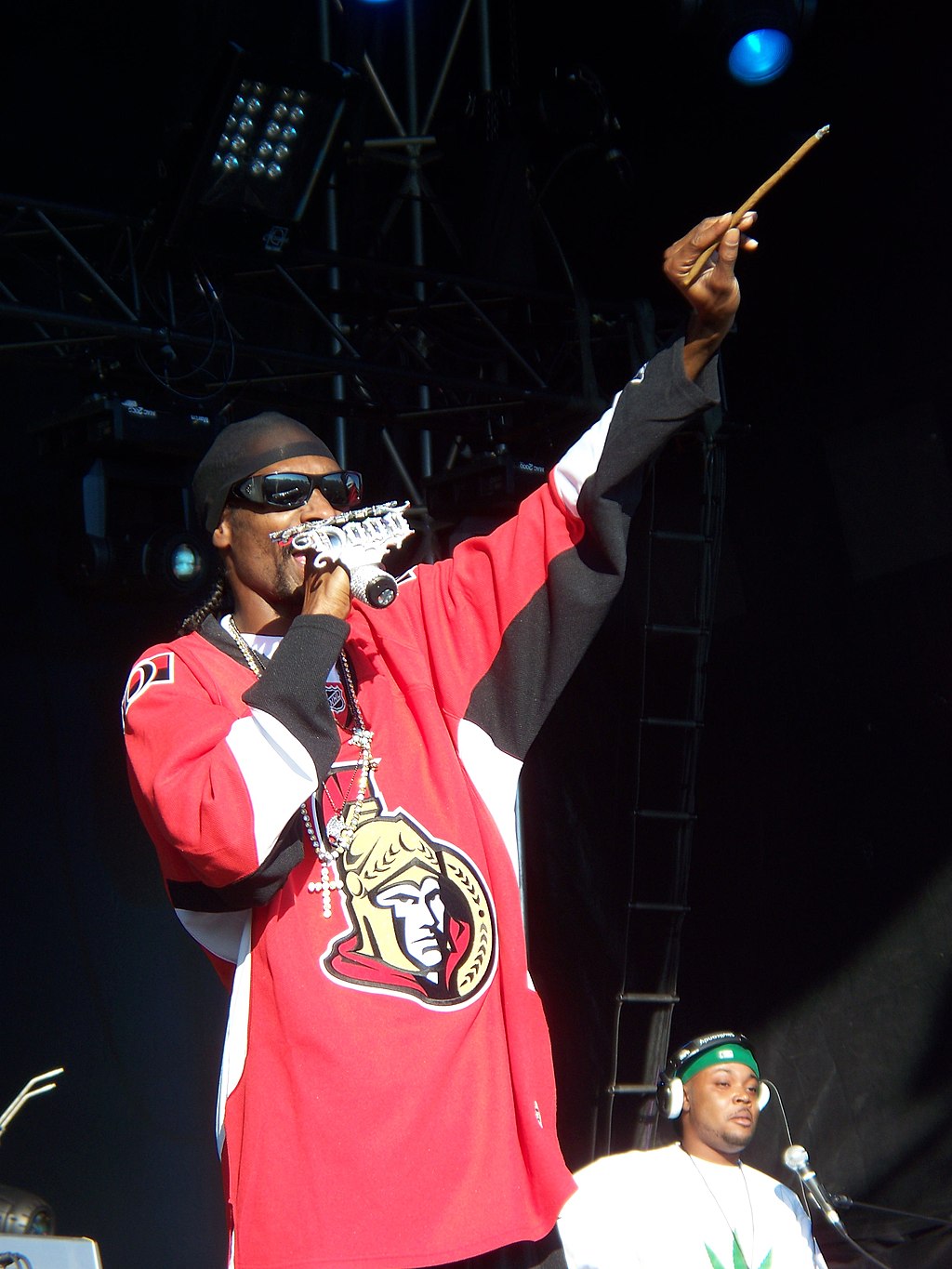By: Alec Roberson
Every year before the NHL entry draft, the NHL hosts a scouting combine that allows for NHL draft eligible prospects to take part in various fitness tests in front of team representatives with the hopes of increasing their draft stock. During the combine, teams not only get the chance to analyze the physical conditioning of prospects, but to interview and assess their character and personalities.
The NHL’s Policy
The NHL has a fairly clear policy when it comes to teams interacting with prospects before the scouting combine. Specifically, no NHL team can put a draft hopeful prospect through a “fitness test” until after the scouting combine. While the statement is clear, what does “fitness test” truly mean? There is little to no guidance in the policy itself. I think its fair that if a team has one of their strength and conditioning coaches conduct an actual workout for prospects before the combine, that is a violation of this rule. On the other hand, what about a situation in which a team simply asks a prospect questions regarding their physical fitness?
The Arizona Coyotes’ Actions
The Arizona Coyotes have currently found themselves in the crosshairs of the NHL’s interpretation of such rule. It was reported in January of 2020 that an investigation had been opened regarding the Coyotes potentially violating the rule by inviting around 20 draft eligible prospects for interviews and putting them through “fitness tests.” Each of the the Ontario Hockey League, the Quebec Major Junior Hockey League, and the Western Hockey League sent emails to their respective teams requesting that they report any contact they had with the Coyotes. Shortly thereafter, multiple teams reported such contact.
The Coyotes however do not believe they have violated such rule. Allegedly, the Coyotes invited such prospects for interviews, asked them to wear shorts and a t-shirt so they could visually analyze their bodies and then asked them a series of questions regarding their eating habits, supplement use and workout regimens. No measurements were supposedly taken. This is a pretty interesting story as inviting prospects for general interviews and even psychological testing is allowed before the scouting combine while fitness tests are prohibited.
There doesn’t seem to be a lot of information out right now regarding this specific incident or even any specific interpretations of what actually is a “fitness test” under this rule. Did the Coyotes knowingly violate the rule, were they merely negligent in conducting their interviews, are they innocent, or did they feel it was worth it to test the waters on the interpretation of this rule to get a better feel for who they would like to draft? At the end of the day it might not matter as it is in the league’s discretion to determine whether such rule was violated.
The Decision Maker and Penalty
If found guilty, the Coyotes could be facing fines of $250,000 PER INFRACTION, bringing a potential total fine of around five million dollars. That seems like a hefty price to pay to simply try to get a headstart of physically evaluating draft prospects. It seems especially hefty when you consider the Coyotes do not have a first or third round pick in the 2020 draft in conjunction with all of the financial and ownership struggles they have experienced over the last decade. It only seems in the last year since new owner Alex Merulo took over that the organization has started to show some increased stability.
Based on all of these factors it doesn’t seem likely that the Coyotes intentionally tried to skirt this rule, but who knows for sure. Commissioner Gary Bettman has the final say on how to levy punishment and, whether its right or wrong, may view this in a light more favorable to the Coyotes given the work it has taken during his tenure to keep the organization stable over the years. Not to mention, as of the time of this article, COVID-19 has put the NHL at a stop with no games currently being played. One can only imagine that a five million dollar fine against a team like the Coyotes (who do not have the deep pockets like the Toronto Maple Leafs or New York Rangers might) could potentially be crippling or devastating. The Coyotes have declined to comment on the situation with anything substantial and the case is currently being handled by NHL deputy commissioner Bill Daly and league lawyers.
Conclusion
Based on the information made public so far, it seems like there should not be a fine. It seems likely that the prohibition against fitness testing prospects prior to the scouting combine was meant to prohibit team orchestrated workouts, or at its most extreme, taking physical measurements and tests of prospects. Asking questions about someone’s eating habits, supplement use and workout regimen can tell a team as much about that individual’s character and discipline as actual physical ability. And asking a player to show up in shorts and a t-shirt, while in some ways may be a little odd, is the team’s choice. But as we find ourselves all trying to interpret a seemingly vague NHL rule, it is Gary Bettman who will ultimately make the decision, likely taking all things mentioned in this article into consideration, and then walk across the stage at the 2020 NHL draft and get booed as we all anticipate.
UPDATE: The Hammer Has Been Dropped
The NHL has made its decision on the Coyotes’ violation of the NHL’s prohibition on fitness testing prospects prior to the scouting combine. The price…….a forfeiture of Arizona’s 2020 2nd round pick and 2021 first round pick. While a significant price to pay from a hockey development standpoint, as mentioned above, the financial ramifications could have been substantial. The Coyotes seemingly dodged a bullet here.
The decision came on August 26, 2020 from Gary Bettman himself after a few months of investigation and a hearing on August 6, 2020. At that hearing, representatives of the Coyotes admitted to have violated this policy. Bettman assessed the punishment pursuant to Article 6.3 of the NHL’s Constitution. The loss of draft picks being an acceptable punishment “if the conduct in question affects the competitive aspects of the game.”
While the NHL’s Combine Testing Policy Memoranda references the above mentioned monetary fines, Bettman exercised his discretion to land on the loss of draft picks as more appropriate punishment. Bettman believed that the evidence presented only amounted to a showing of gross negligence on the part of the Coyotes at most and no intentional wrongdoing. Likewise, no individuals were personally punished. Gross negligence is defined as “a sever degree of negligence taken as reckless disregard” whereas intentional misconduct would require a purposeful wrongdoing or a higher degree of recklessness.
Given the facts surrounding this violation, and the fact that the Coyotes admitted to the violation (like a guilty plea), the punishment seems fair. The policy behind this prohibition is both to ensure fairness amongst the NHL’s teams in evaluating prospects and to prevent duplicative testing on prospects. Based on what facts were released, it is questionable how much of an advantage the Coyotes really received through their actions. Likewise, there did not seem to be any physical tests that would subject prospects to strenuous physical testing. Even though the wrongdoing is open to interpretation, one advantage the Coyotes did obtain specific to this year is the fact that there was no scouting combine due to COVID-19. So although what they did is not specific fitness routines, if no other team held similar procedures they may have obtained an advantage, even if it was slight.
Teams and the league take this policy seriously and is why it sounds like punishment had to happen. Scouts around the league were divided on the outcome. Some agreed, some said it was too much and some said it was not nearly enough. And while we all have our opinions and interpretations, it is Gary Bettman who has the final say. With the precedent now set, it seems likely that if a team were to conduct procedures similar to the Coyotes they would not be viewed so leniently. With the “benefit” of hindsight and a little more direction, teams should be very careful to not cross the line with regards to this policy. If nothing else, the Coyotes have stated that they have instituted updated policies and controls to ensure further compliance with this rule.
Post image attribution: By: Michael Wifall from Tucson, USA [ CC BY-SA (https://creativecommons.org/licenses/by-sa/2.0)], Via Wikimedia Commons




